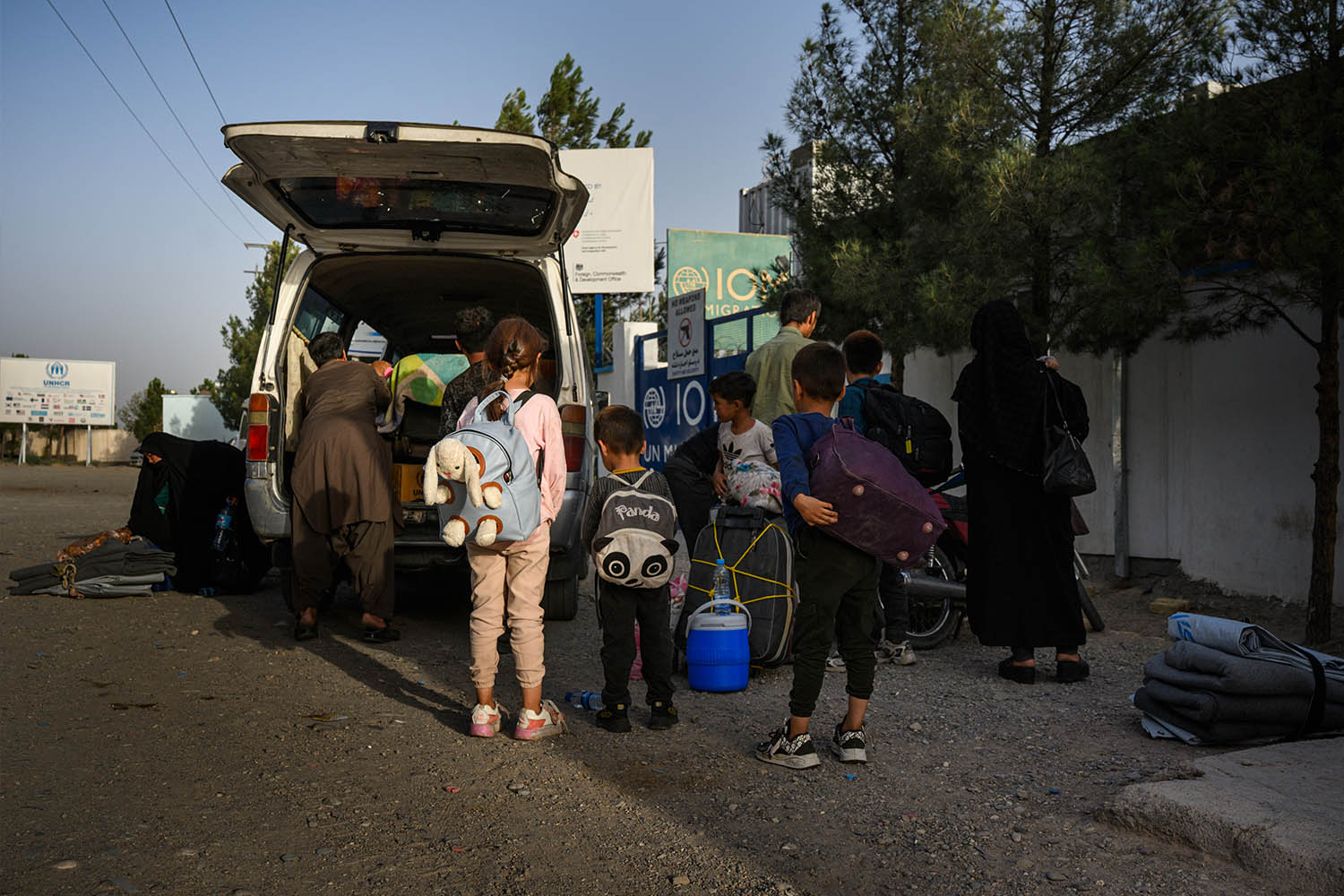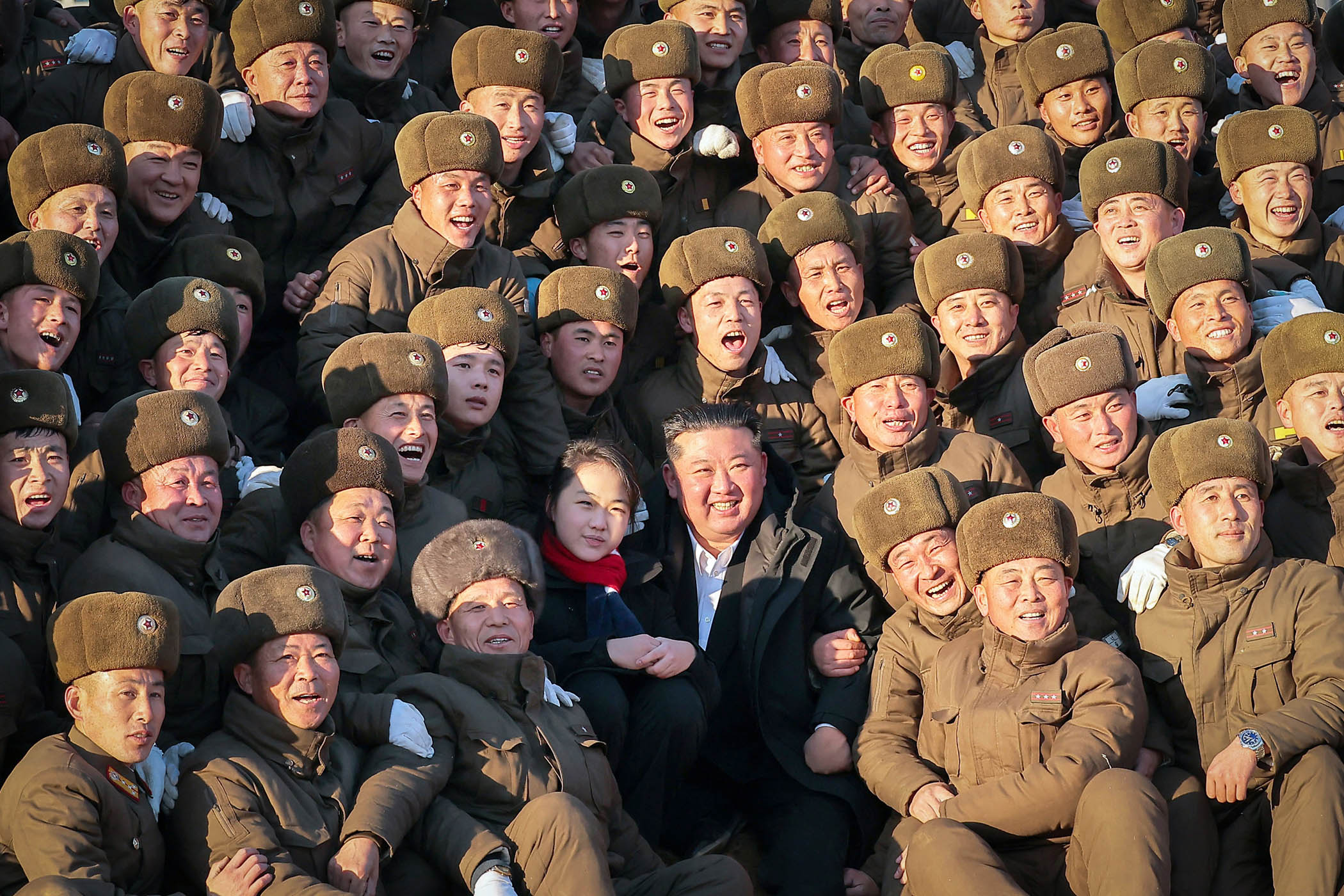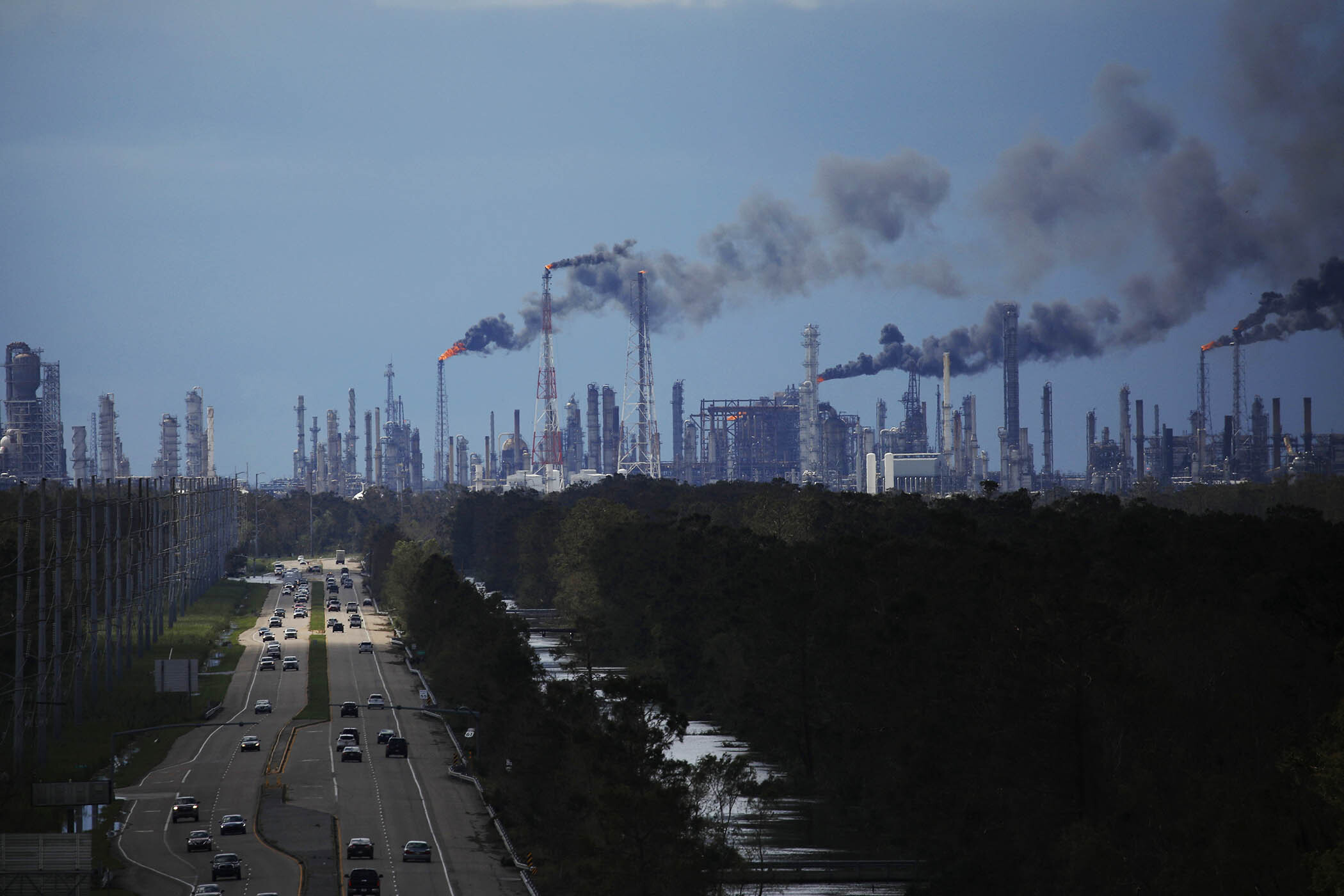Millions of Afghans have settled in Pakistan and Iran over the past 50 years, fleeing conflict, repression and poverty.
So what? They are being sent back. Iran deported 750,000 Afghans last month, justifying the move on economic and security grounds. Aid groups are struggling to respond to the expulsion, one of the largest in history, and those affected are returning to a place
•
mired in poverty;
•
ruled repressively by the Taliban, which bans girls from school; and
•
that many of them have never set foot in, having been born overseas.
Get out. Earlier this year Iran announced that it would expel the four million undocumented Afghans that are estimated to live in the country, saying it could no longer support them. Many have lived there for decades. This campaign accelerated after Iran’s war with Israel in June.
Widening net. Most initial returnees were men working in construction and agriculture. Many were detained by security personnel, put onto buses and driven to the border. Now the majority of the returnees are families. Those who remain face a new wave of hostility in Iran where
•
officials have accused Afghans of spying for Israeli intelligence;
•
anti-immigrant sentiment has intensified in the form of violent attacks; and
•
Afghans face an increasing number of limits on where they can work and live.
En masse. In July more than 50,000 people a day crossed from Iran into Afghanistan at two border towns where the Taliban and the UN’s International Organization for Migration have set up reception centres. The UN was only able to offer assistance to 10 per cent of the arrivals. The number entering is down to around 10,000 a day, but IOM’s Afghanistan director Mihyung Park said that the influx remains “very difficult to manage”.
Bracing for more. Iran has set 6 September as the final deadline for Afghans to leave the country, meaning the figures are likely to climb again. “Every state has their own authority and sovereignty about their migration policy,” Park said. “However, they also need to take into consideration that it needs to happen in an orderly, humane and dignified manner.”
Elsewhere Pakistan, where 1.4 million Afghan refugees are registered with the UN, has also carried out large-scale deportations. Officials have claimed Afghans are involved in suicide attacks and criminality. The country has expelled more than 800,000 Afghans, stopped renewing identity documents, and says it will start deporting the remainder on 1 September.
Double whammy. These mass deportations are destabilising Afghanistan, which is already in the middle of one of the world’s worst humanitarian crises. Not only is it struggling to cope with the influx of returnees, but the expulsions also threaten remittances sent by Afghans in Iran and Pakistan to relatives back home. These are a vital lifeline for a beleaguered economy.
By the numbers. Many Western countries abruptly halted aid to Afghanistan after the Taliban takeover in 2021. This has contributed to a dire humanitarian situation, with
•
one-third of the population lacking clean drinking water;
•
45 per cent of children stunted by hunger; and
•
more than half of Afghans in need of aid.
Culture shock. Women and girls who are stepping into this crisis as returnees will be particularly affected, since the Taliban limits their right to education, work and free movement, as well as those who have not experienced life in Afghanistan until now.
Newsletters
Choose the newsletters you want to receive
View more
For information about how The Observer protects your data, read our Privacy Policy
What’s more… It is not just Pakistan and Iran who bear responsibility. Germany has also resumed deportations, albeit in smaller numbers. Other western countries may follow suit



